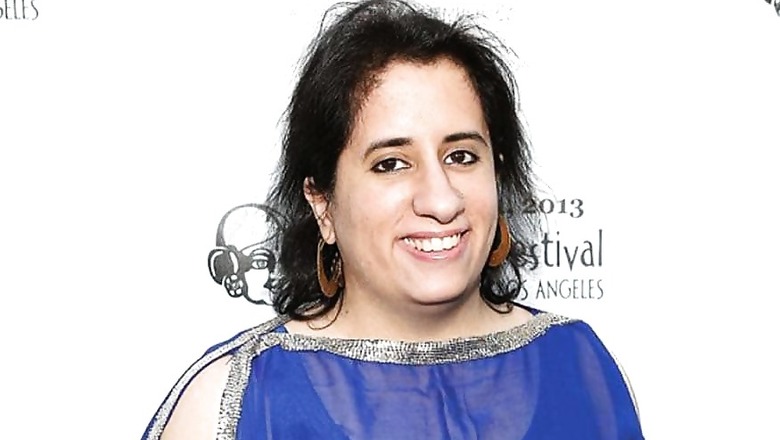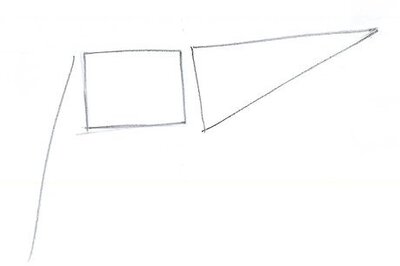
views
The lack of women representation in films is not news. These same conversations about gender imbalance in film production have been happening for decades with little progress being made.
But this time these conversations are louder than ever, and the change — the real change — is coming, says Oscar-winning film producer Guneet Monga, who has long been pushing for more women representation in front of and behind the camera.
With mainstream actresses like Anushka Sharma, Priyanka Chopra and Deepika Padukone becoming a force by altering the dynamics of the entire industry, Monga, whose latest project Zindagi in Shorts showcases seven extraordinary stories of women of a wide age range, is hopeful that it will create space for greater diversity.
"I don't think cinema or content is something that's going to make this country bad or change it. That pressure cannot be on cinema. Our stories are born from our own space. And, the idea is to put out these stories in any form in order to start and expand the conversation. It won't change anything but it will at least normalise that conversation. So I feel with more women in business and more awareness and conversations, representation of women is going to change in the industry," Monga tells us.
The 36-year-old runs a production company, Sikhya Entertainment, which produced critically acclaimed films like Peddlers, Lunchbox and Masaan. Her 2018 production Period. End of Sentence, about women making and selling menstrual pads in a village in Uttar Pradesh, won the Academy Award for Best Documentary Short Subject.
Monga is aiming to use her position as one of the most influential women producers in India to facilitate change and normalise gender equality.
She says, "It's a matter of time for people to say women can't shoot car commercials or can't do huge VFX films. I feel men can become amazing dads by just doing a little bit. But women have to keep pushing the barrier. Firstly, equality needs to be normalised and definition of equality needs to be normalised. Women can do everything. There's nothing that women can't do. In fact, they'll do it better. We're half the world and we're the reason this world runs. Even in Zindagi In Shorts, there are three women directors, which I'm very excited about."
All we can do to create change is work hard, says Monga, before adding, "There will be many blocks but if you understand to go around it, things will be a bit easier. I crowdfunded for Peddlers, self-funded Monsoon Shootout and brought money from Germany and France for Lunchbox and Masaan. So it's basically about how you put yourself in a place where you keep creating."
"Today we're talking about my decade long body of work, but it's been one thing at a time. I feel lucky to not have stopped. There was a time when I did stop for a couple of years because there was a phase of depression, and the only learning from that was to keep creating. I feel we put too much expectations on one thing. When Lunchbox couldn't make from India's selection to the Oscars, it really hit me hard. I had to start my own company and that time I wasn't even ready for it. Things do hurt but then you have to rise up to the ocassion and be a better version of yourself everyday," she adds.
Monga further quips winning an Academy Award has made things a little easier for her in Bollywood as now she doesn't have to explain to people about her work.
"I have to give my introduction lesser (laughs)," she adds. "Because people don't understand creative producing here. Every actor and director is a producer so people would ask me, 'What do you do?' Now, that Academy Award helps. They know what I do."
Lastly, elaborating on Zindagi in Shorts, in association with Flipkart Video, she says, "I can't say that this has anything to do with my life, but there are a couple of moments which I can relate to my real life. The relationship between Neena Gupta and her daughter in Pinni is very relatable. I don't really state it black and white but I do know that there needs to be a lens of how we're showing our women which are progressive and better than what we see and know and how they should be. So that lens is definitely there in all kinds of content that I do, where there's a social responsibility of how we portray women."














Comments
0 comment